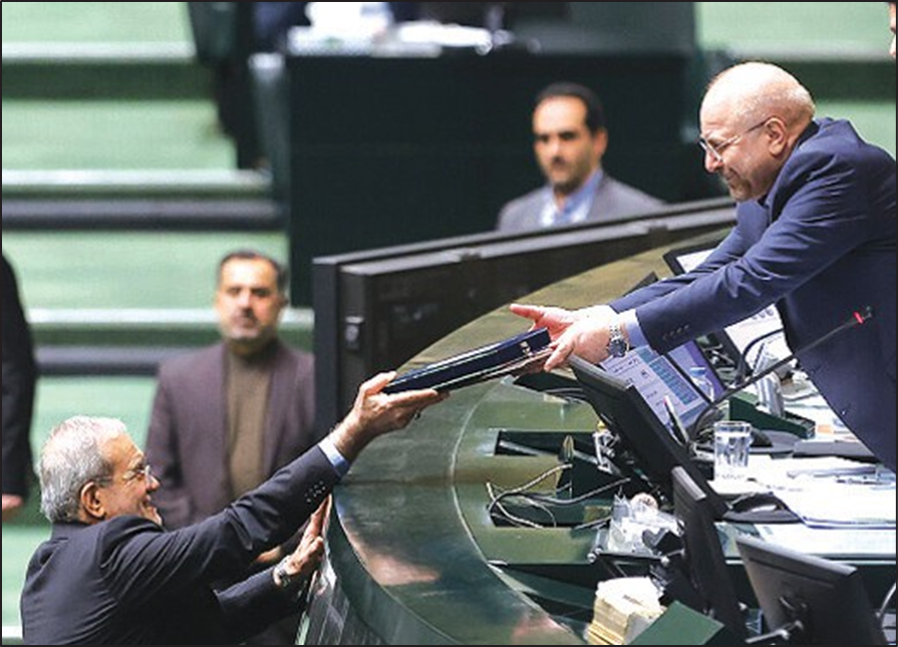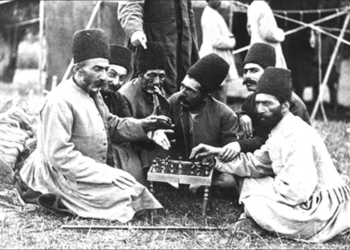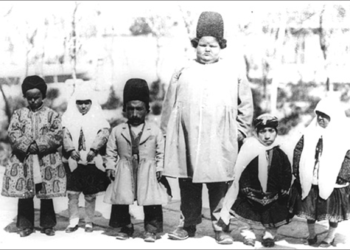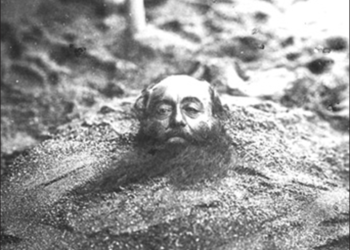October 14, 2022
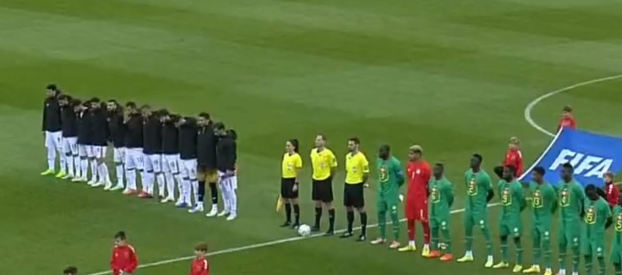
In a severe blow for Iran’s World Cup hopes, the team’s chief offensive player, Sardar Azmoun, has been injured and may not be able to play in the World Cup.
Azmoun was practicing with his professional club, Bayer Leverkusen of Germany, when he tore a muscle in his right calf October 4. The team said he would likely miss six to eight weeks. When he injured himself, the start of the World Cup in Qatar was seven weeks away.
Azmoun has scored 41 goals in 65 appearances with the national team.
In other team news, Coach Carlos Queiroz now has a 1-1-0 record since his return to take command of the national soccer team in September. But the team appears impacted by the disturbances in Iran.
Queiroz’s first friendly match, against Uruguay, ended with Iran scoring a late goal to win 1-0 September 23. The goal was scored in the 79th minute by Mehdi Taremi, who plays professionally for Porto in Queiroz’s home country of Portugal.
Four days later, the team went up against Senegal. Again, there was no score in the first half. The first goal came in the 55th minute but it was an own goal by Iran when defender Morteza Pouraliganji stretched out a leg to try to cut off a pass, but steered it into his own net from an acute angle.
African champions Senegal only managed to hold the lead for nine minutes, however, before the equalizer was scored by Sardar Azmoun. The Iranian forward headed home from a cross by left back Ehsan Haj-Safi, which caught the Senegal defense static. The Senegalese team fought back hard in the remaining time, trying to pull out a win, but the game ended in a 1-1 tie.
At Iran’s insistence, both games at its Austrian training camp were played in closed stadiums, as the regime clearly feared Iranian expatriates would come to harass the regime.
However, the political problems for the regime didn’t come from expats but from the national team itself. All the members showed up for the pre-game photo with Senegal. The Iranians all came wearing plain black jackets that covered the national colors of their playing uniforms.
Some thought they might just be chill. But the Senegalese showed up in their game uniforms. And when news outlets interpreted the black jackets as a show of protest, the team issued no denial.
Meanwhile, as Iran played two friendlies, the United States also played two friendlies, both against Asian teams and did not look good at all. First, the US played Saudi Arabia to a 0-0 draw, making a mere two shots-on-goal. Then, the US lost to Japan 2-0 and had not a single shot-on-goal in that game.
But there was more trouble as the rights group, Open Stadiums, which has spent years lobbying for Iran to allow women to attend soccer matches, wrote an open letter to FIFA President Gianni Infantino calling on FIFA “to immediately expel Iran” from the World Cup finals because of the country’s treatment of women.
Few expect that to happen. In fact, on September 27 Infantino was quoted as saying, “Women attend football games now in Iran,” which is untrue. Women were admitted to one match in Tehran this summer to appease FIFA, but the overall policy of banning women still stands.
Expulsion is not unheard of. Russia was expelled from the World Cup competition in March, shortly after the invasion of Ukraine. FIFA justified the expulsion by saying the Russian invasion raised security risks at stadiums and that some opponents would likely refuse to play Russia.
There was political trouble on the Iranian front as Sardar Azmoun, who scored the tying goal against Senegal, wrote on Instagram September 25, “At worst, I’ll be dismissed from the national team. No problem. I’d sacrifice that for one hair on the heads of Iranian women. This story will not be deleted. They can do whatever they want. Shame on you for killing so easily; long live Iranian women.”
Only hours later, however, he made another Instagram post, saying, “I have to apologize to the players of the national team, because my hasty action caused my dear friends to be annoyed, and some players of the national team insulted by users, which is not fair in any way. The mistake was mine.”
Two teammates Majid Hosseini and goalkeeper Alireza Beiranvand also posted pictures and messages on Instagram supporting the protests in Iran. Hours later, both had deleted their messages.
Ali Daei, 53, a former national team star and later coach of the national team, also made posts hostile to the regime. News reports said the police quickly seized his passport, preventing him from leaving the country. And Hossain Mahini, who played on the national team in the 2014 World Cup, was arrested September 29 after he posted his support for the protests.
Retired player Ali Karimi has fired off numerous social media posts condemning the regime for oppression. He was swiftly charged with “assembly and collusion with the intention of acting against national security.” But Karimi is in the UAE and not reachable by the authorities. What the regime did do, however, was to seize his home in Tehran. Later, it turned out he had already sold the house.
The latest computer ranking of national teams issued by FIFA advanced Iran two slots to 20th place in the world. Two of the other teams Iran will face in the opening round of the World Cup are not rated that much ahead of Iran. Wales is 19th, the USA is 16th and England is fifth.











